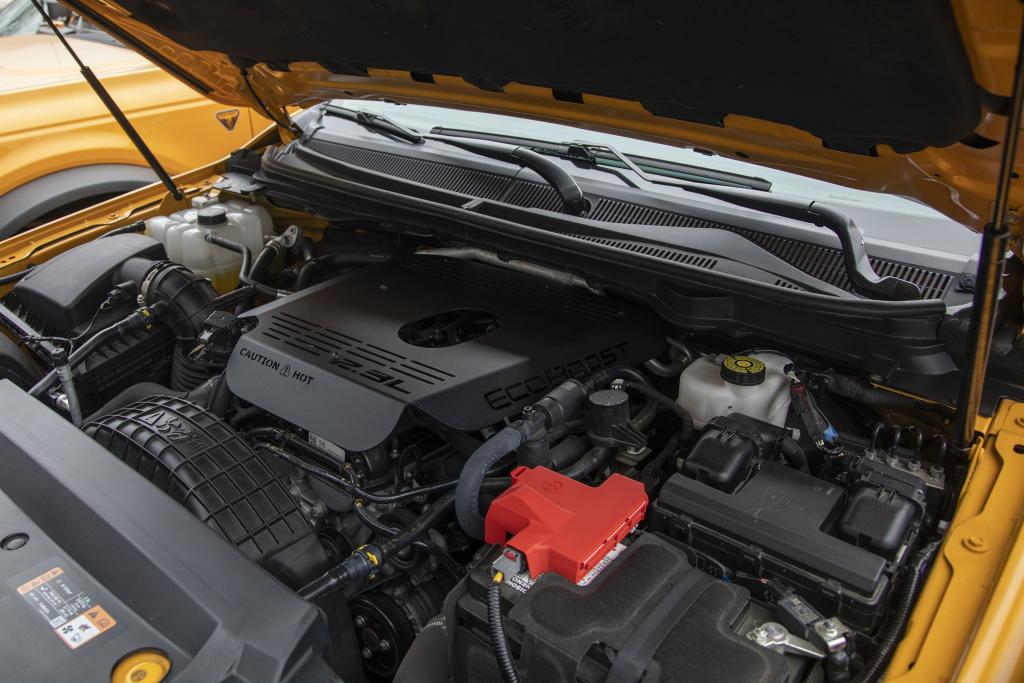What Makes a Vehicle Engine Run Efficiently: Leading Tips for Optimal Treatment
The smooth procedure of a cars and truck engine is essential to both performance and longevity, making optimal care an essential responsibility for car proprietors. Secret methods, such as regular oil modifications, preserving coolant degrees, and checking air filters, are important yet usually overlooked. The relevance of checking trigger plugs and making certain proper tire pressure can not be understated. Understanding how these elements interconnect can boost not just the performance of your lorry but also your overall driving experience. What certain steps should you focus on to ensure your engine remains in peak condition?
Normal Oil Modifications
Among one of the most essential aspects of vehicle maintenance is ensuring your engine gets routine oil changes. Engine oil lubricates internal parts, reduces rubbing, and aids maintain ideal operating temperatures. In time, oil breaks down because of warm, pollutants, and the natural byproducts of burning, causing lowered efficiency and potential engine damages.
The majority of makers suggest changing the oil every 5,000 to 7,500 miles, yet this interval can vary based upon driving conditions and oil type. Synthetic oils might allow for longer periods between changes. Regular oil changes not just improve engine efficiency but also improve gas effectiveness, as tidy oil promotes smoother operation.
Overlooking oil adjustments can lead to sludge buildup, which hinders blood circulation and can lead to serious engine concerns. It is vital to inspect oil degrees frequently and keep track of for any unusual adjustments in color or consistency, which can indicate contamination or deterioration.

Preserving Coolant Degrees
Maintaining proper coolant levels is necessary for preventing engine overheating and guaranteeing optimal performance. The coolant, normally a mixture of water and antifreeze, circulates through the engine, absorbing heat and preventing thermal tension. Inadequate coolant can cause boosted engine temperature levels, which may cause serious damages or perhaps overall engine failing.
To preserve ideal coolant levels, routinely check the coolant tank, normally found in the engine bay. Make sure the coolant is loaded to the advised mark, as shown in your automobile's proprietor handbook. It is suggested to examine the degrees at least when a month or soon journeys, specifically throughout severe climate condition.
If you discover that the coolant degree is constantly low, there may be a leak in the cooling system, which should be dealt with quickly to stop additional problems. 2.2 ford ranger engine. Furthermore, flushing the coolant system every 2 to 3 years can help get rid of any kind of collected debris and make certain effective heat exchange
Checking Air Filters

It is suggested to examine the air filter every 12,000 to 15,000 miles, or more often if driving in negative or messy problems. A straightforward visual examination can typically expose whether the filter is dirty or damaged. It needs to be replaced quickly. if the filter shows up tarnished or has noticeable dirt accumulation.
Utilizing a premium air filter made for your specific car version can better enhance engine performance. Furthermore, some lorries might take advantage of recyclable filters that can be cleansed and re-installed, providing a affordable and eco-friendly choice.
Inspecting Flicker Plugs
Flicker plugs are crucial parts of a vehicle's ignition system, straight influencing engine efficiency and effectiveness. They create the spark that ignites the air-fuel mixture in the burning chamber, promoting the engine's power generation. Normal assessment of ignition system is important for maintaining optimum engine feature and avoiding potential issues.
Dark soot or oil down payments can suggest improper burning, while a raw or white appearance might suggest getting too hot. Both conditions need immediate focus to protect against more engine damage.
It's suggested to examine ignition system every 30,000 miles, or as advised in your vehicle's proprietor manual. Furthermore, consider replacing them according to the producer's standards, as old or worn stimulate plugs can result in misfires, reduced fuel effectiveness, and boosted exhausts.
Tracking Tire Pressure
Ensuring appropriate tire stress is an essential element of vehicle safety and security and performance. Under-inflated tires can lead to reduced gas efficiency, increased tire wear, and jeopardized handling. Alternatively, over-inflated tires can lower traction and increase the threat of blowouts. Routine surveillance of tire pressure is crucial for ideal additional reading automobile procedure.
Tire stress need to be inspected at the very least once a month and eventually journeys. Make use of a trustworthy tire stress scale to measure the stress when the tires are cold, ideally before the car has been driven for at the very least 3 hours. Describe the car's proprietor handbook or the placard located on the motorist's side door jamb for the maker's advised stress levels.
It is very important to keep in mind that tire stress can vary with modifications in temperature; a decrease of 10 ° F can lead to a 1-2 psi decline in stress. Additionally, visually evaluate tires for any signs of wear or damage during your tracking regimen. Keeping correct tire stress not just improves automobile security but additionally boosts fuel performance and extends tire life, inevitably adding to a smoother engine performance.
Verdict
In final thought, maintaining a vehicle engine's smooth operation calls for diligent focus to numerous essential factors. Normal oil modifications, proper coolant levels, tidy air filters, well-kept spark plugs, and optimal tire stress jointly add to enhanced efficiency and longevity. Following these maintenance techniques not only boosts Click This Link gas efficiency however also advertises a much safer driving experience. Ultimately, a positive strategy to engine treatment is important for ensuring integrity and performance in time. 2.2 ford ranger engine.
One of the most important aspects of car maintenance is ensuring your engine obtains routine oil changes. Engine oil lubricates interior parts, decreases friction, and assists preserve ideal check this operating temperature levels. Regular oil adjustments not just improve engine performance but likewise improve fuel effectiveness, as clean oil promotes smoother operation.
Insufficient coolant can lead to enhanced engine temperatures, which may cause severe damage or even complete engine failing.
